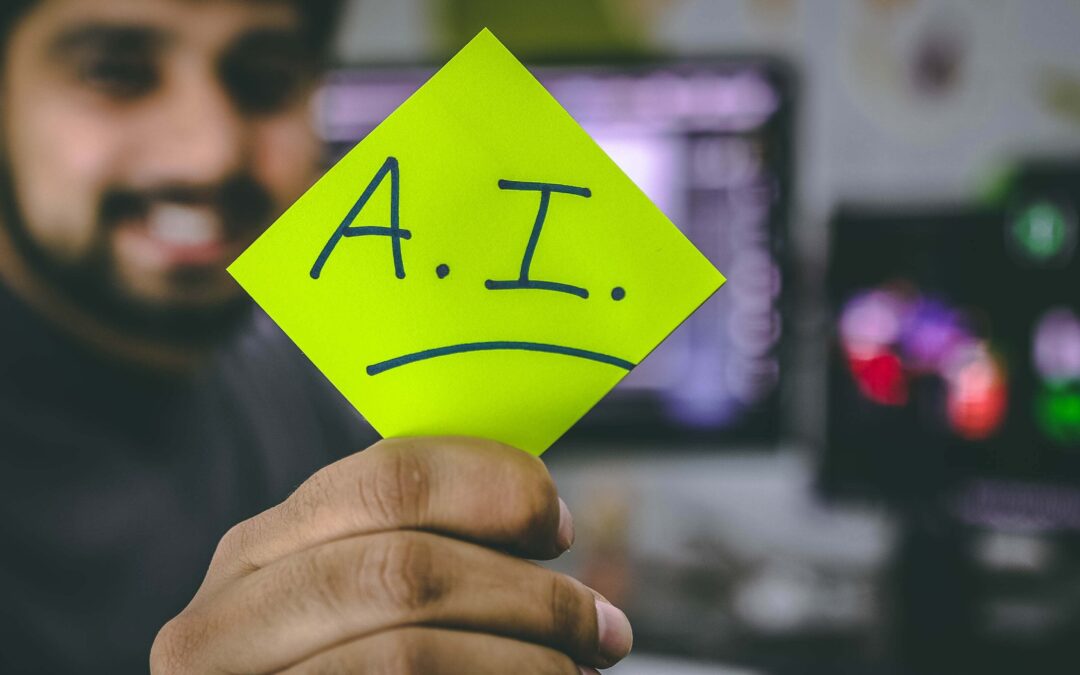Artificial intelligence (AI) is rapidly transforming our world, from the way we work to the way we live. However, as AI systems become more complex and widespread, they bring with them a number of challenges that remain unsolved. Here are 5 problems with AI that we still need to address:
1. Bias and Discrimination
- One of the biggest challenges with AI systems is that they can be biased by the data they are trained on. This means that if an AI system is trained with biased data, it will likely have a bias towards that same group of people. For example, if you train an image recognition algorithm on photos of men and women in business suits but not on pictures of women wearing other types of clothes (like casual dresses), then the algorithm will be more likely to associate suits with men than with women. This can lead to discrimination against certain groups of people or perpetuate existing biases.
2. Ethical Use
- In addition to being able to propagate existing biases and discrimination through their training data sets, AI systems can also be used by companies to manipulate people in unethical ways: for example, using facial recognition technology as part of a marketing campaign where customers are targeted based on their age or gender; or creating personalized ads based on what someone has searched for online before visiting your website–even though there may not be any connection between those two facts! As AI systems become more advanced and powerful, it’s important that we consider their ethical implications and use them in ways that benefit society as a whole.
3. Transparency
- Another problem with AI systems is that they can be opaque and difficult to understand. This is especially true for complex deep learning algorithms, which can be black boxes that even their creators don’t fully understand. This lack of transparency can make it difficult to identify and correct biases or errors in the system, and can also make it difficult to evaluate the system’s performance.
4. Security and Privacy
- As AI systems become more prevalent, they also become more attractive targets for hackers and cybercriminals. This can lead to serious security and privacy concerns, especially if the system is being used to collect and store sensitive data. For example, an AI-powered healthcare system that stores patient data could be a tempting target for hackers looking to steal that data for malicious purposes.
5. Unemployment
- Finally, there’s the issue of job displacement. As AI systems become more advanced, they are increasingly able to take over tasks that were once performed by humans. While this can lead to increased efficiency and productivity, it can also lead to widespread unemployment and economic disruption. It’s important that we find ways to manage this transition and ensure that no one is left behind.
In conclusion, while AI has the potential to transform our world in countless positive ways, it’s important that we take these challenges seriously and work to address them. By doing so, we can ensure that AI is used in ways that benefit society as a whole and create a brighter future for us all.
Explore more about our
Staff Augmentation services

